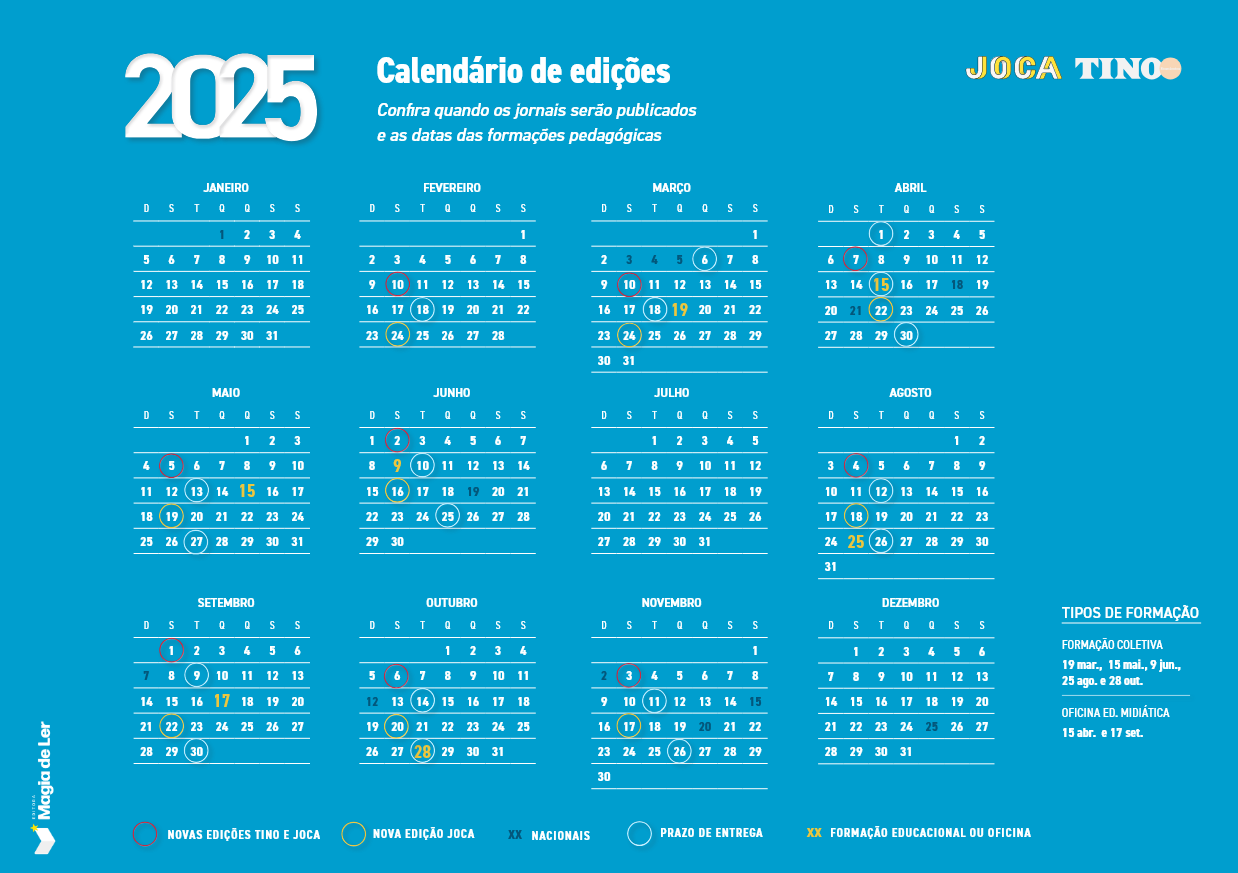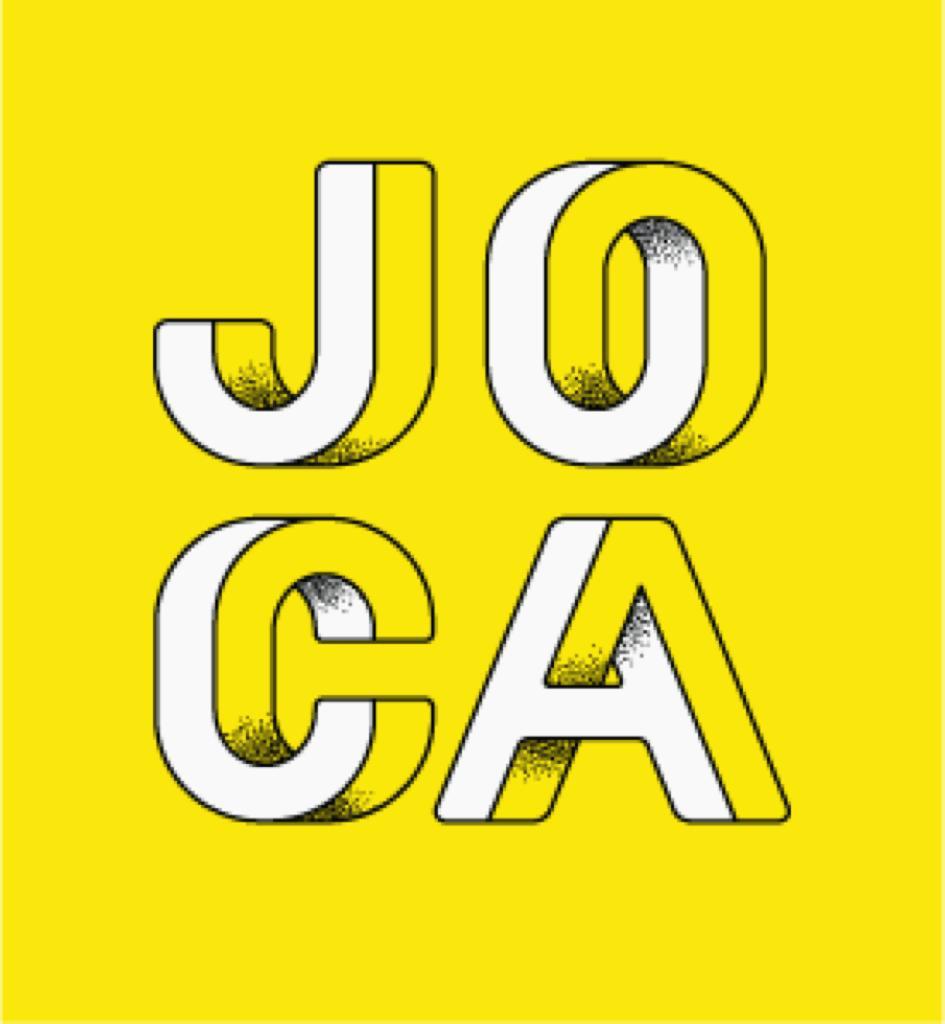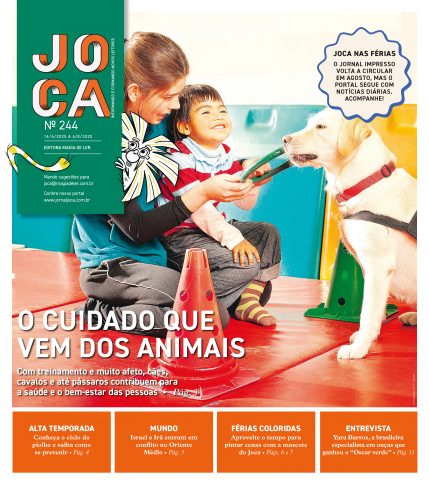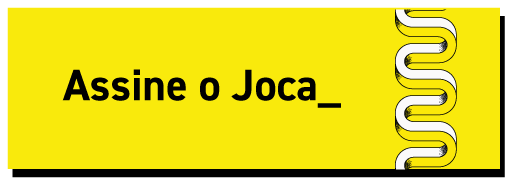Edições Impressas
11 de agosto de 2023
Free help for animals – Level 3
Article published in Joca 209

Since 2016, the Newton Paiva University Center, a college in Belo Horizonte (MG), has been developing the InformaCão project, an initiative to assist pets owned by people who are part of a low-income population.
The project provides free, veterinary appointments, and produces wheelchairs for disabled animals. Additionally, it provides animal-assisted therapy services, wh ich involves contact with animals to help people undergoing medical treatment, for example.
To find out more about InformaCão, 12-year-old Sara B. interviewed Leonardo de Rego Nery Alves, a veterinary professor at Newton Paiva and the creator of the project.

How does InformaCão work?
We work on three fronts. One of them is to service animals that belong to the underprivileged population, through appointments. The other one is to produce wheelchairs for disabled animals. The third is for anima l-assisted therapy which ta kes place in institutions that prov ide ca re for t he elderly or children, and with neurodiverse patients (the term refers to natural variations in the human brain in terms of attention, learning, and socialization. Some neurodiverse patients include those with attention deficit hyperactivity disorder and/ or autism spectrum disorder).
What do people need to do to schedule appointments in the project for their animals?
If you are a low-income person, we can make an appointment at the clinic in the Newton Paiva University Center. People can call also and book appointments. The project currently services the Morro das Pedras community exclusively. The community is in Belo Horizonte, near the university. People get in touch with their community leaders, and they in turn let us know who they are, and which animals will be seen. In animal-assisted therapy, we also work with a low-income population, which includes Morro das Pedras residents. They are also part of other university projects. They are usually patients of the physiotherapy, dental, or psychology departments. Assisted therapy complements all these other activities.
How are wheelchairs for disabled animals made?
The first stage is to measure the animal that comes in for a n appointment at the clinic. At this appointment, we identify what the animal’s problem is, what mobility issues it faces, whether it really needs the wheelchair, and what type of wheelchair is required. We measure every part of the patient’s body with a measuring tape and produce a custom-made chair. The chair is made from PVC (Polyvinyl chloride, a light and resistant material), uses shopping-cart wheels, and other construction material. This way, the chair turns out inexpensive. A wheelchair that would cost close to 500 reais can be made for close to 80 reais.
How does comprehensive healthcare work for those people in other care institutions that do therapy with the animals?
We work with any type of institution. Suppose there is a hospital here in Belo Horizonte that assists child patients. If this hospital wants to offer assisted-therapy services, it just needs to get in touch with the university, and we will schedule a day to go there and do the activity. Currently, the project has serviced those who are helped by other university projects, but we have already carried out specific visits to institutions such as São Rafael (for the visually impaired) and Raul Soares (neurologically-diverse patients), as well as schools and homes for the elderly. It is important that we offer therapy in several locations and even take our students and teach them how to do this therapy. We can do this with any institution that offers care for children, the elderly, or neurodiverse patients… You just have to get in touch with the university to schedule it.
Your work is so interesting!
Yes! From 2016 to now we have already seen over 500 animals, and, overall, more than 100 students have participated in the project. It is a lot of people, you know? We end up going to several different locations and that is very cool, really very good. The only requirement to benefit from the project is that you are someone with low income, facing financiall difficulty. Because it is a university extension project, we can only provide free service to low-income communities.

Ixi! Você bateu no paywall!
Ainda não é assinante? Assine agora e tenha acesso ilimitado ao conteúdo do Joca.












Você precisa fazer o login para publicar um comentário.